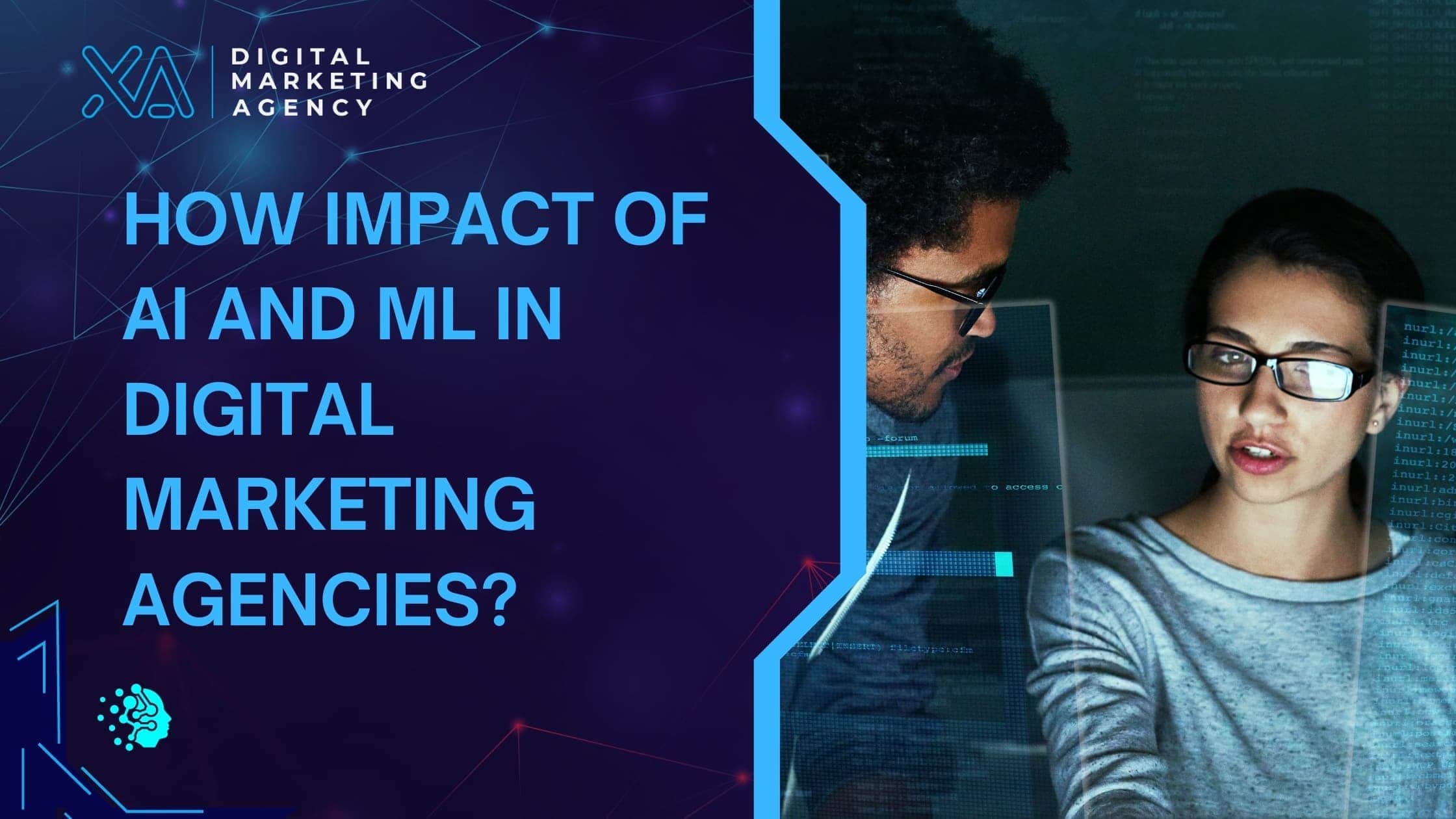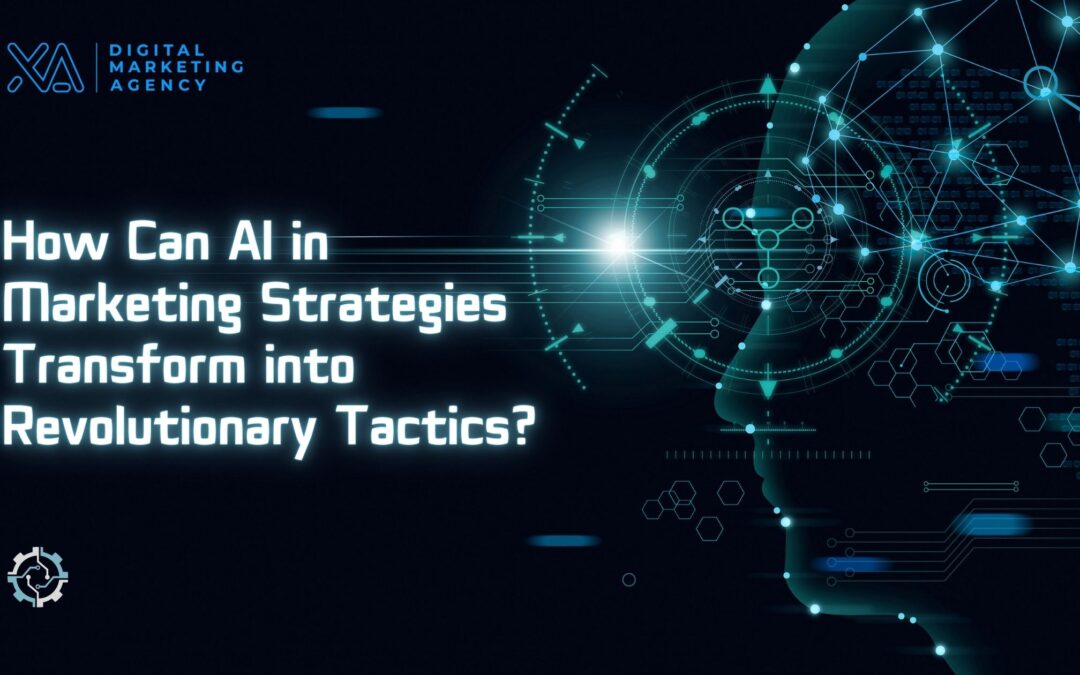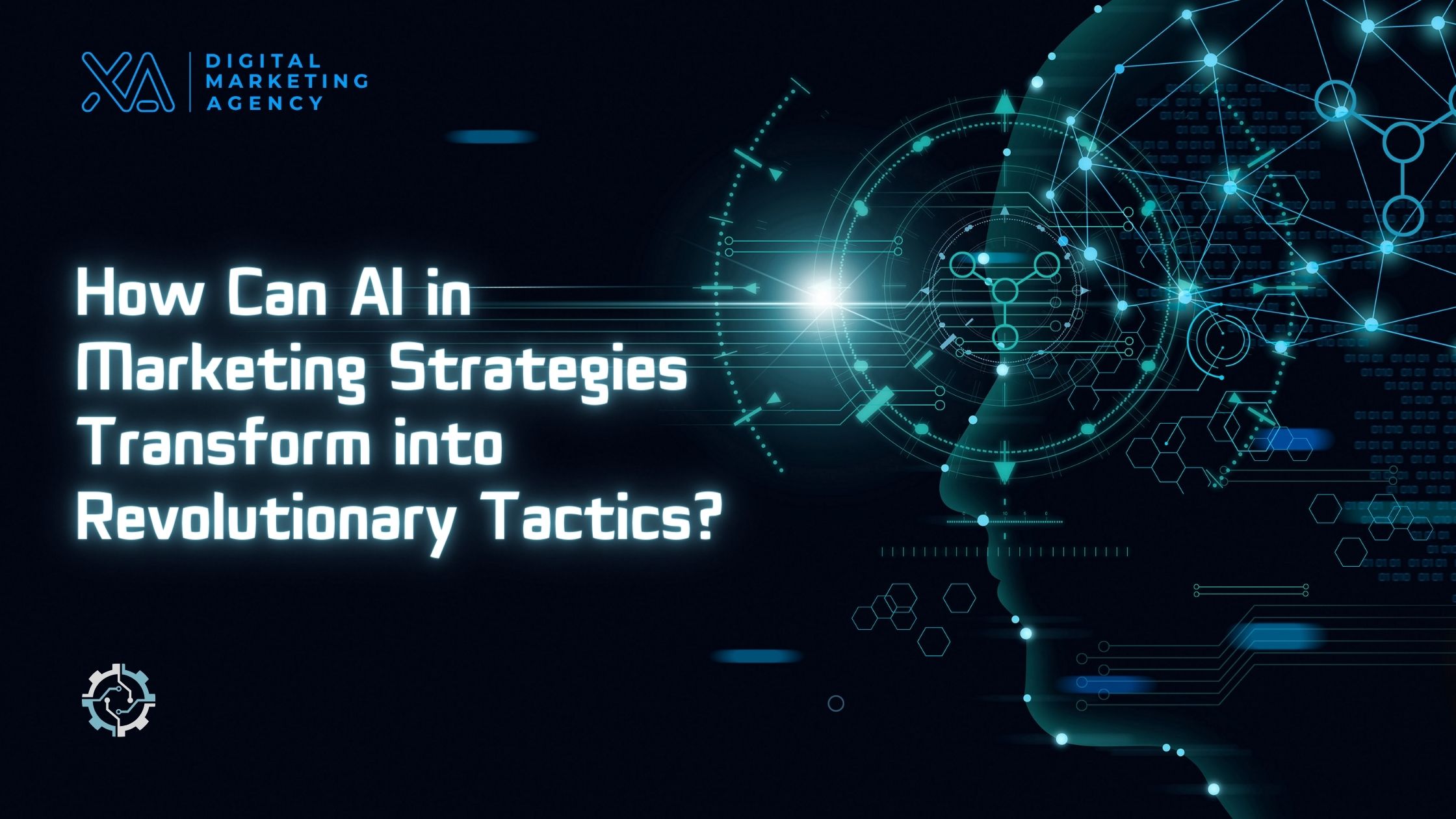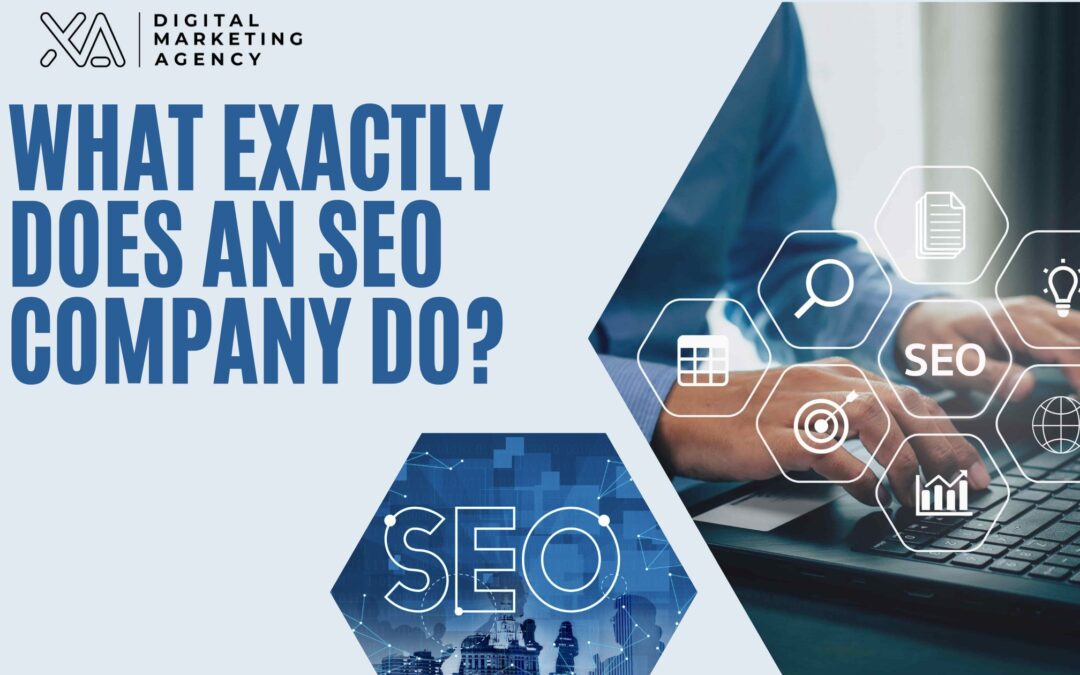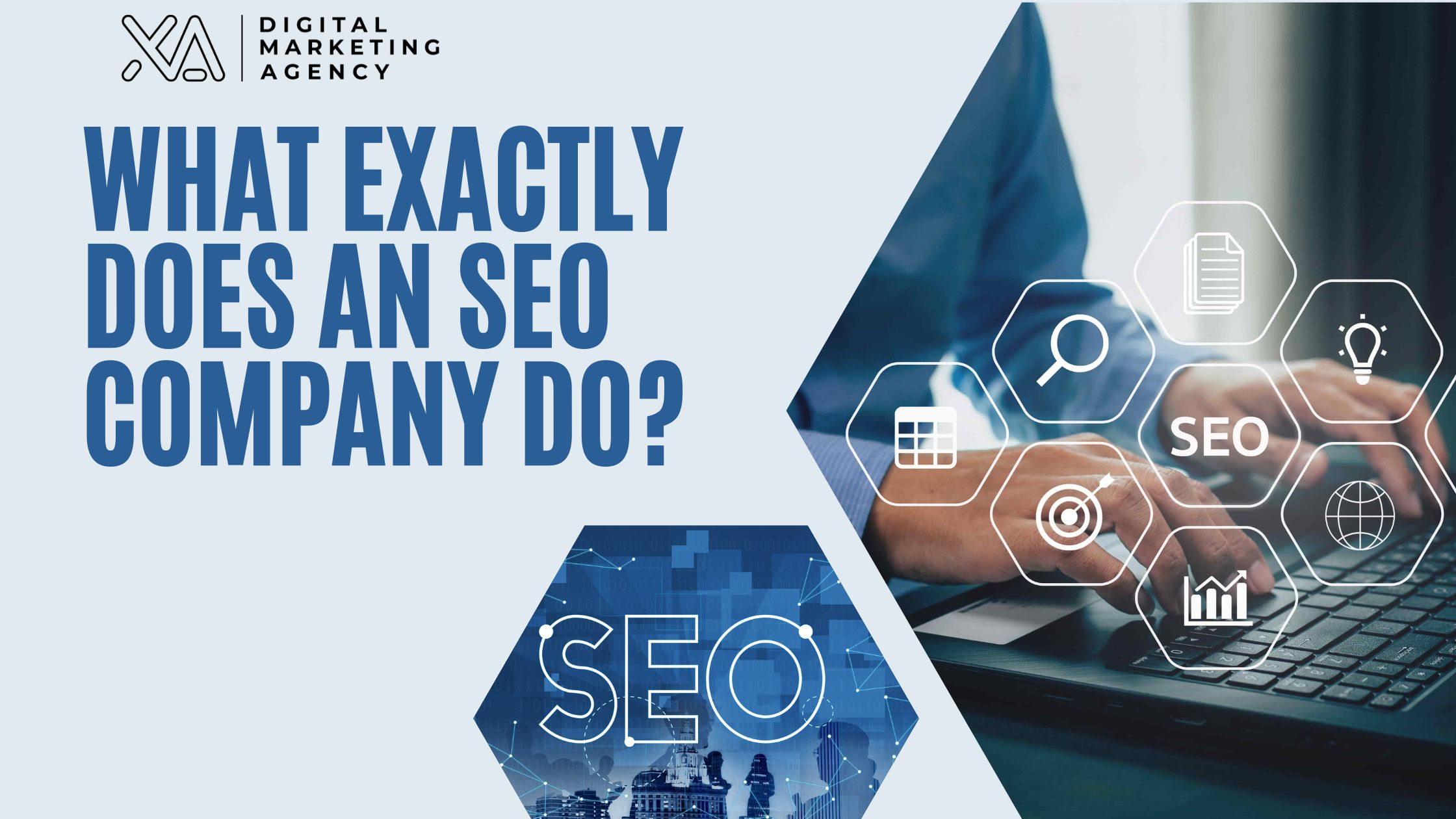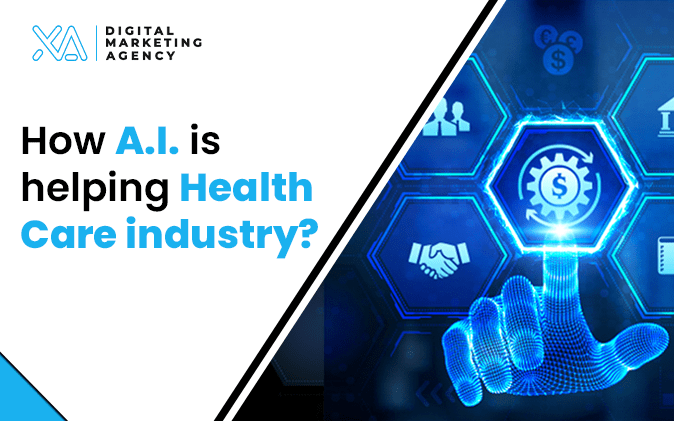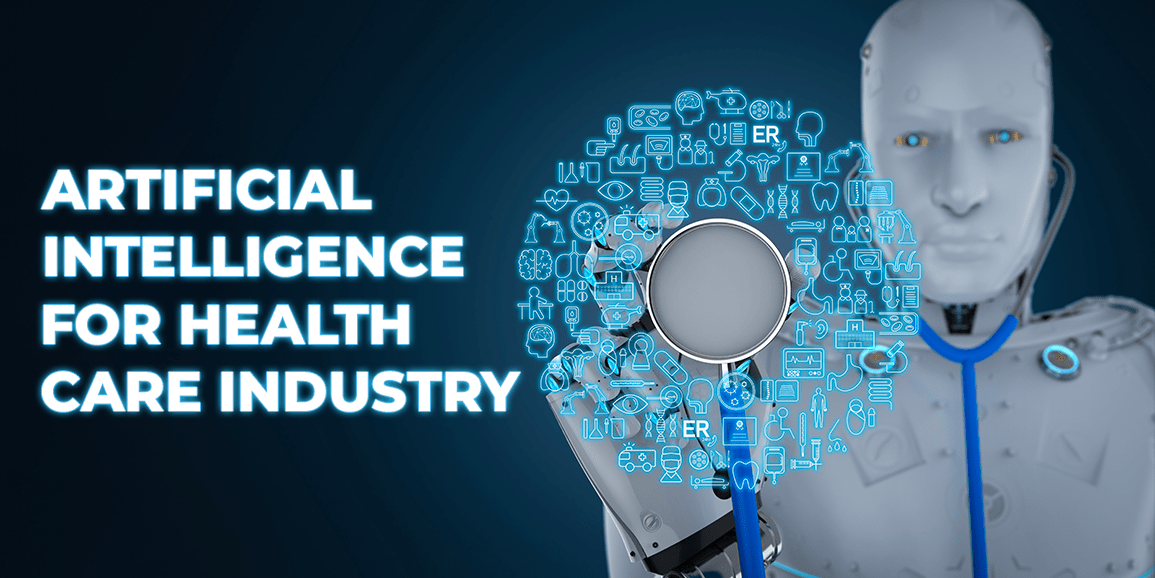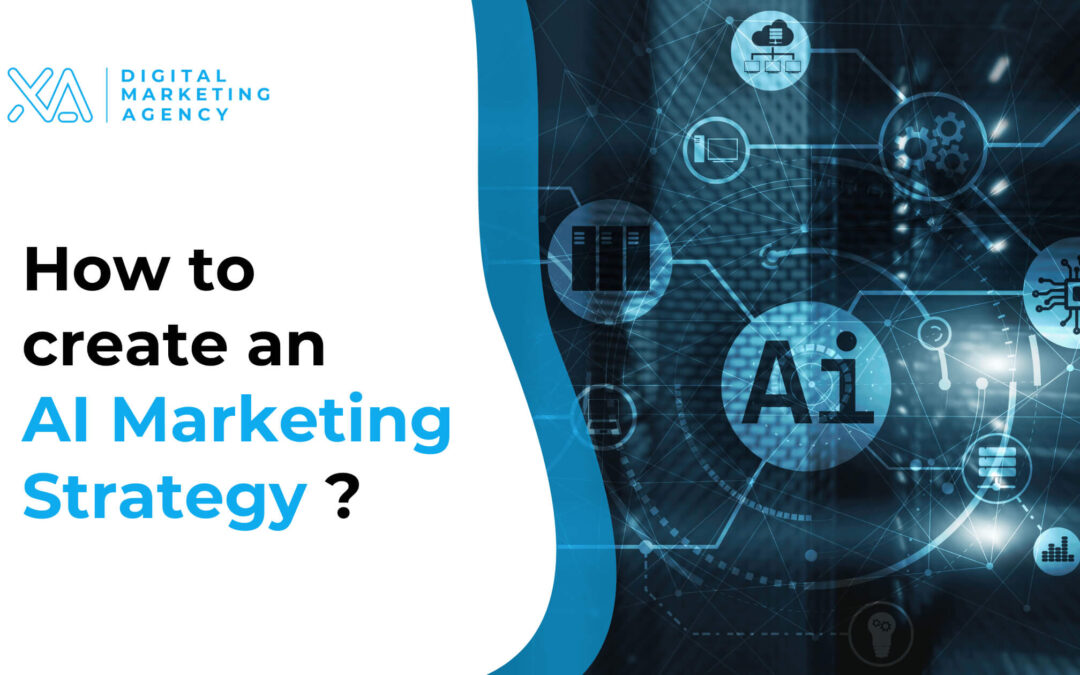
How to Create an AI Marketing Strategy?
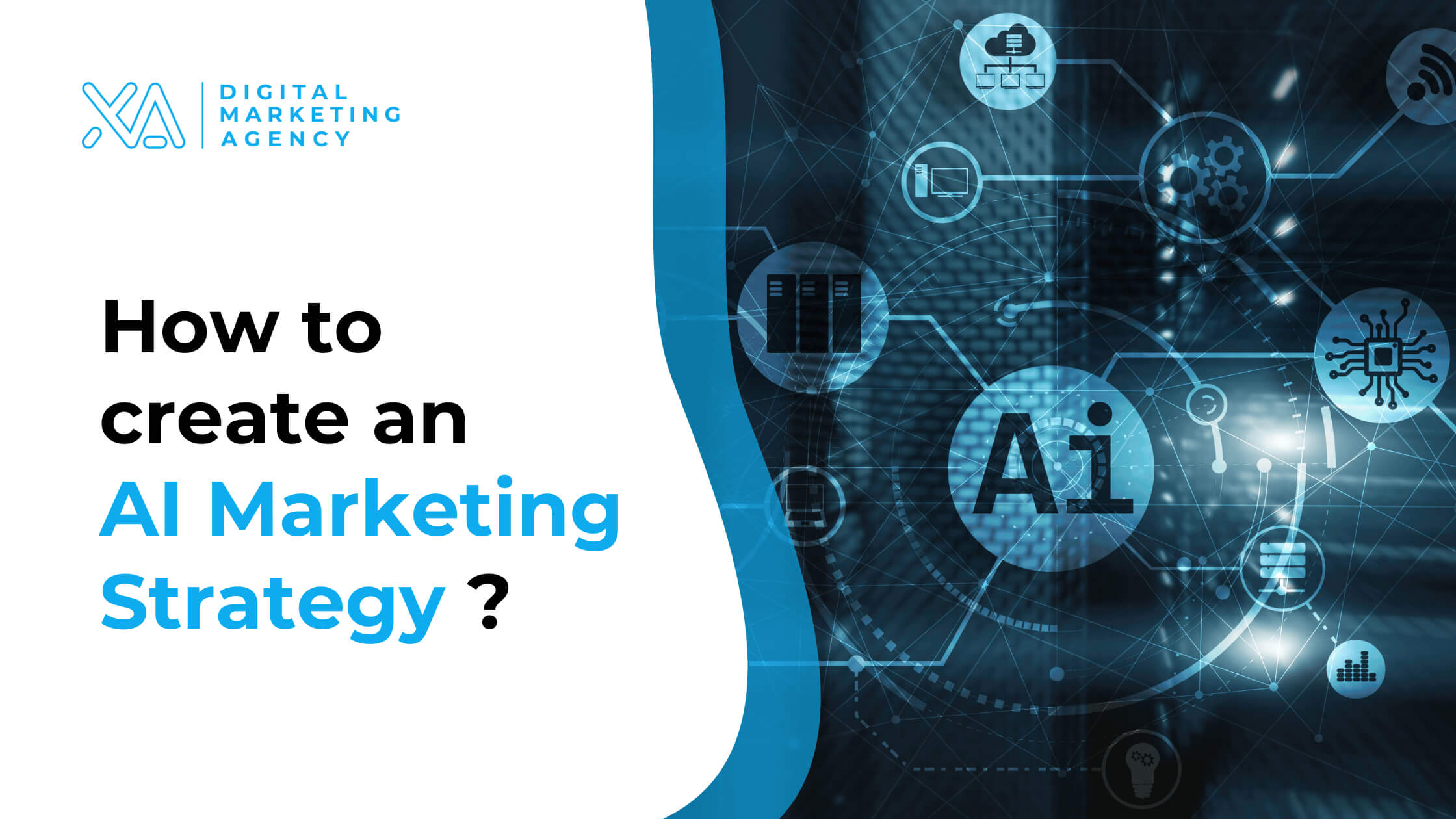
AI Marketing Strategy in 5 Easy Steps
The future of marketing is here, and it’s powered by artificial intelligence (AI). Forget the sci-fi movies; real-world AI is helping businesses like yours achieve incredible results, from crafting personalized content to predicting customer churn. But with so much buzz and endless possibilities, where do you even begin?
This practical guide will walk you through five actionable steps to build an AI marketing strategy that drives real results for your unique brand. No more feeling overwhelmed by the tech jargon; we’ll break it down into bite-sized, easy-to-implement tactics you can start using today.
Step 1: The Power of AI in Your Marketing
- AI as your marketing assistant: crunch data, analyze trends, automate tasks for real-time ad optimization, create personalized content, and predict customer needs.
- Human + AI power couple: AI amplifies your creativity and frees you from tedious tasks, allowing you to focus on strategic thinking and the human touch.
- Supercharge your marketing: Unleash a secret weapon for explosive growth and leave your competitors in the dust.
Step 2: Uncovering Your AI Marketing Strategy
Don’t just jump into the AI pool; dive strategically! First, analyze your marketing landscape with these key questions:
Bottlenecks: What repetitive tasks drain your team’s energy?
KPIs: Which metrics define your success?
Target Audience: Who are you trying to reach, and where do they engage?
By pinpointing these answers, you’ll unlock your AI goldmine:
- Content creation woes? An AI writing assistant can churn out drafts and ideas, freeing you for strategic revisions.
- Personalization Puzzle: AI-powered chatbots offer customized interactions, boosting engagement and conversions.
- Social Media Maze: AI helps you analyze trends, schedule posts, and target the right audience for maximum impact.
- Data Deluge: AI tools process mountains of data, revealing hidden insights and optimizing your campaigns in real-time.
Step 3: Finding Your Perfect AI Match
The AI market is bursting with tools, but finding the right fit for your needs is crucial. Don’t get swayed by shiny features or the latest buzzwords. Here’s what to consider:
- Focus on your specific use case: Are you looking for AI-powered content creation, social listening, ad optimization, or something else? Choose a tool that specializes in your area of need.
- Usability and intuitiveness: Your team shouldn’t need a Ph.D. to use the tool. for user-friendly platforms with clear interfaces and helpful tutorials.
- Integration with your existing tech stack: A seamless integration with your current tools will save you time and headaches.
- Budget and pricing: Choose a plan that fits your budget and scales with your needs. Many tools offer free trials or tiered pricing options.
Remember, the best AI marketing strategy tool is the one that solves your specific problems and empowers your team to achieve more.
Step 4: Empowering Your Team to Embrace AI
Technology is only as good as the people who use it. So, training your team on how to leverage the power of AI is key. Don’t just hand them a new tool and expect magic. Invest in proper training sessions, interactive demos, and ongoing support to ensure everyone feels comfortable and confident using the AI solution.
Here are some tips for successful AI adoption:
- Make it Relevant: Show your team how AI can benefit their daily tasks and workflow directly.
- Embrace feedback: Encourage open communication and address any concerns or challenges they might face.
- Celebrate successes: Highlight the wins and positive outcomes achieved through AI to build enthusiasm and momentum.
Remember, a well-trained and engaged team is the fuel that drives your AI marketing engine to success.
Step 5: Measuring, Refining, and Repeating
AI thrives on continual optimization. Here’s your roadmap to maximize its impact
- Track those KPIs: Regularly monitor key performance indicators (KPIs) like conversion rates, engagement metrics, and revenue growth. Are you hitting your targets?
- Data-driven decisions: Use insights from your AI tools to adjust your strategy. Did an ad underperform? Refine its targeting or messaging.
- Refine your tools: Explore switching to different AI platforms or features if they’re not delivering the desired results.
- Invest in training: Equip your team with the knowledge to leverage AI effectively. Regular training sessions ensure everyone’s on board.
- Embrace flexibility: Be ready to adapt your approach based on data and changing market trends.
Conclusion
By implementing these actionable steps, you’ve laid the groundwork for an AI-powered marketing strategy that will take your business to new heights with Xira Infotech. Forget the tired marketing grind of repetitive tasks and missed opportunities. AI is your secret weapon, ready to automate tedious workflows, personalize customer experiences, and unlock data-driven insights that turn your marketing efforts into laser-targeted growth machines.
So, embrace the future of marketing. Train your team, experiment with AI tools, and measure your results. With each step, you’ll refine your approach and unleash the AI beast within, propelling your brand to explosive growth and leaving your competitors in the dust. Remember, the only limit is your imagination. Start your AI marketing journey today and watch your business transform!


